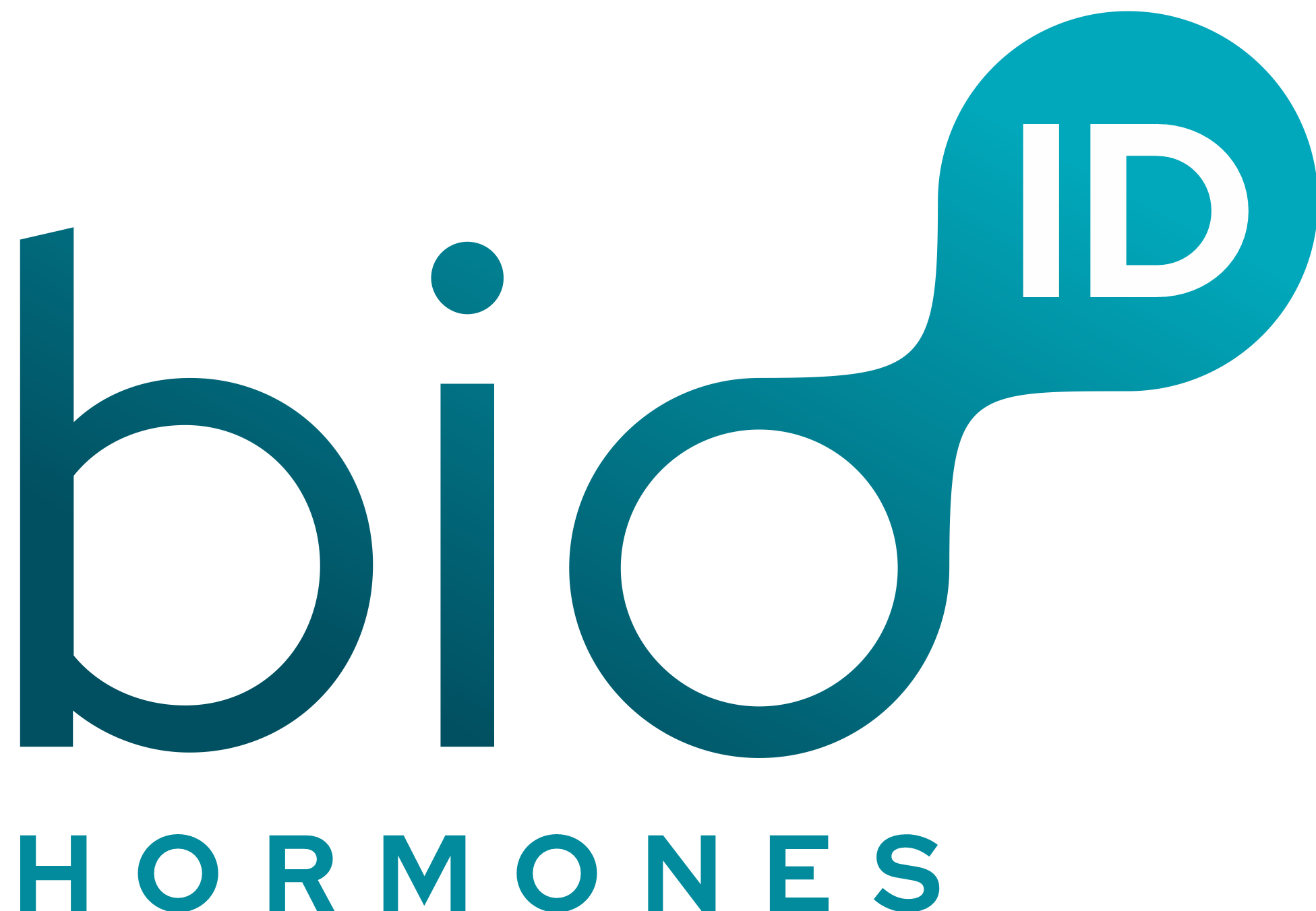Why is BioID different?
At BioID we carry out a blood test to assess your blood biochemistry and hormone levels, your results will be discussed with you and a bespoke treatment plan will be generated.
We then create bioidentical hormones which are chemically identical to the hormones in your body and therefore do not create unwanted side effects.
We fully customise the dose to suit you and the form in which our hormones can be applied i.e. gels, lozenges or capsules.
We then create bioidentical hormones which are chemically identical to the hormones in your body and therefore do not create unwanted side effects.
We fully customise the dose to suit you and the form in which our hormones can be applied i.e. gels, lozenges or capsules.
Standard HRT vs BioID
Many women upon experiencing menopausal symptoms will seek help and advice from their GP. Standard HRT may be prescribed to help alleviate and treat these symptoms. Often HRT is prescribed to women without any blood tests taken before starting treatment and therefore specific deficiencies are not identified.
Standard HRT is a combination of oestrogen and a synthetic progesterone-like compound which is not identical to the bodies own hormone. Standard HRT has been developed to be cost effective and used as a standard ‘one size fits all’ symptom-fix for menopausal women. It comes as a standard dose which is not adjusted to the individual patient
Standard HRT is a combination of oestrogen and a synthetic progesterone-like compound which is not identical to the bodies own hormone. Standard HRT has been developed to be cost effective and used as a standard ‘one size fits all’ symptom-fix for menopausal women. It comes as a standard dose which is not adjusted to the individual patient
